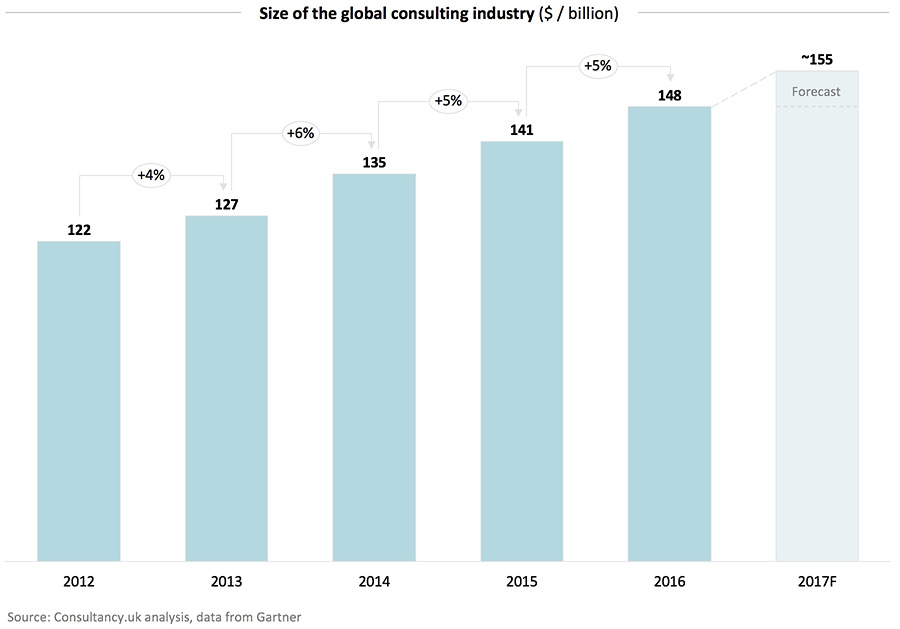
Manager planning is the process of deciding how an organization will allocate resources and achieve its goals. It starts with the identification of goals, ideally with a quantitative component and a qualitative vision. One example is that an organization could set the goal of increasing profits by 20% over twelve years. Once the goal is established, the next step in the process of distributing resources the most efficiently.
Job description for manager planning
A planning manager is responsible for coordinating the procurement of supplies, inventory and equipment for a company. He or her also attends tradeshows and negotiates prices from suppliers. Managers in this role should have relevant experience as well as a bachelor's degree. Other responsibilities include managing general planning and reporting on new programs.
Planners are well-known for their creativity, organizational skills, and interpersonal skills. In addition, they develop and maintain a performance planning charter and change management plans. They coordinate with sales teams to ensure great customer service and communication.

Types of Manager Planning
Four types of management planning are available. The company's top managers plan its long-term strategy and keep track of employee progress. The resource manager manages the company’s capital, people and materials. The disturbance handler predicts potential conflicts and creates strategies to address them. In addition, he/she helps the company recover after unexpected events.
The operational plan is concerned with the day-today operations of the company. It can be a plan for one-time use or an ongoing plan which contains specific rules and regulations to achieve certain objectives. A contingency plan may be included in order to deal with an unexpected circumstance.
Process involved
To ensure that an organization can achieve its goals, managerial planning requires a series of steps. The first step in the process is to establish the objectives the organization should achieve. In general, organizations will select two types of objectives. These objectives should be clearly stated and outlined at the start of the planning process.
The second step involves analyzing and measuring progress. This is vital for ensuring that the organization remains on track. Managers should evaluate how they are doing against these goals and adjust as needed to make sure the plan is effective.

Manager planning has its limitations
Manager planning is an integral part of managing, but there are limitations. These limitations can be used to help managers plan more efficiently. Planning involves establishing the premises that will guide decisions. This is not possible to do with absolute accuracy. There will always be some margin of error. Manager planning suffers from the inability to assess these premises.
Planning can be significantly impeded by external factors. For example, sudden changes in the political landscape may affect business decisions. The ability of companies to plan can be affected if they are subject to union pressures for wage increases. Financial institutions and tax policies are also limitations. Finally, work rules may limit the freedom of a manager to plan. These rules may restrict the freedom of a manager to make changes necessary for the organization's success.
FAQ
What can I anticipate from my consultant
You should hear back from your chosen consultant within a few days. They will usually ask for information about your company, including its mission, goals, products, services, budget, etc. After receiving this information, they will prepare a proposal outlining their scope of work, estimated timeline, fees, deliverables and milestones.
If everything goes as planned, then both parties will agree to a written contractual agreement. The type and content of the contract will vary depending on whether the relationship is employer-employee/employer-independent contractor.
If everything goes smoothly, the consultant can begin work immediately. The consultant will have access your internal documents and resources. Additionally, you'll have access their skills and knowledge.
You shouldn't assume, however, that every consultant is an expert in all areas. It takes time and practice to become an expert on any subject you consult. Don't expect your consultant know everything about your company.
How do I choose a good consultant?
There are three main things to keep in mind:
-
Experience - How many years of experience is this consultant? Is she an expert, beginner, intermediate or advanced consultant? Does her resume show that she has the necessary skills and knowledge?
-
Education – What did this person learn at school? Did he/she continue to take relevant courses after graduation? Do we see any evidence of this learning in the way he/she writes?
-
Personality: Do you like this person or not? Would we like him/her to work with us?
-
These questions help to decide if the consultant suits our needs. If you do not have the answer, it is worth interviewing the candidate to find out more.
Can I get a degree as a consultant?
It is best to study a subject well and then practice what you have learned.
So if you want to learn how to become a great consultant, start studying now!
Employers may be reluctant to hire people with a degree, but not the relevant experience. However, if you can demonstrate that you've studied the same subjects as those who got the jobs, you could still apply.
Employers will always search for candidates with real-world experience.
Statistics
- On average, your program increases the sales team's performance by 33%. (consultingsuccess.com)
- Over 62% of consultants were dissatisfied with their former jobs before starting their consulting business. (consultingsuccess.com)
- My 10 years of experience and 6-step program have helped over 20 clients boost their sales by an average of 33% in 6 months. (consultingsuccess.com)
- Over 50% of consultants get their first consulting client through a referral from their network. (consultingsuccess.com)
- So, if you help your clients increase their sales by 33%, then use a word like “revolution” instead of “increase.” (consultingsuccess.com)
External Links
How To
How do I find a good Consultant?
It is important to understand what you are looking for in a consultant before you can find one. Do you want them help improve your website's efficiency? Do you want them to optimize your site to rank higher in search engines? Maybe you want someone to check on your current hosting provider and tell you if it is in need of improvement. Once you know what type of services you need, you should start looking at different companies. Many consultants claim that they can offer these services. But only a small percentage of them are able to deliver. How do I choose one? Here are some tips to help you choose a consultant.
-
Get recommendations. Referring to other consultants is the best way of choosing a consultant. You don't want to hire someone you've never heard of before because you'll likely pay too much. You don't want to work alongside someone whose reputation hasn't been established. If you have the good fortune to get referrals from trusted people, great! However, even if this is not possible, you might still be able check reviews online. Seek out testimonials from satisfied clients.
-
Ask around. Many people don't realize that consulting could be beneficial for them. They assume that their current situation is fine and they don’t need changes. This is often incorrect. Even if you're getting great results right now, chances are that you haven't been keeping up with new trends or technologies. And if you're relying on outdated methods, you'll miss out on opportunities to grow your business. It's worth asking your friends and family for recommendations to help you find the right consultant.
-
Verify their qualifications. It doesn't matter if you are looking for a consultant to help you build a blog or launch a multimillion-dollar eCommerce site, you need to make sure they have the right skills to manage your project. Check that they are qualified to complete the tasks and have enough expertise in the chosen area.
-
Find out which projects they are best at. While you might assume that everyone can handle everything, this isn't true. Some areas require specific education or training. A developer who is a specialist in Drupal would not be able to help you build a WordPress theme. It is the same for programming languages, graphic design, and so on. Ask what projects they usually work on.
-
It is important to know what the charges are. As we mentioned, it is important to know what they charge. But you also don't want to pay too little either. There are many different types of consultants. Some charge hourly rates while others bill per project. You can save money by knowing upfront exactly what you will be paying.
-
Know what they offer. Are they offering free consultations or other services? Can they provide advice on how to setup your own system? Can they guarantee your site will rank higher if you work with them? If you don’t like the information you receive during your consultation, you can cancel it without penalty.
-
You can also find out if they offer discounts on multiple months or over years. Many consultants offer extended discounts for long periods. While you don't necessarily need to commit for a whole year, you can still take advantage of any deals that they offer.